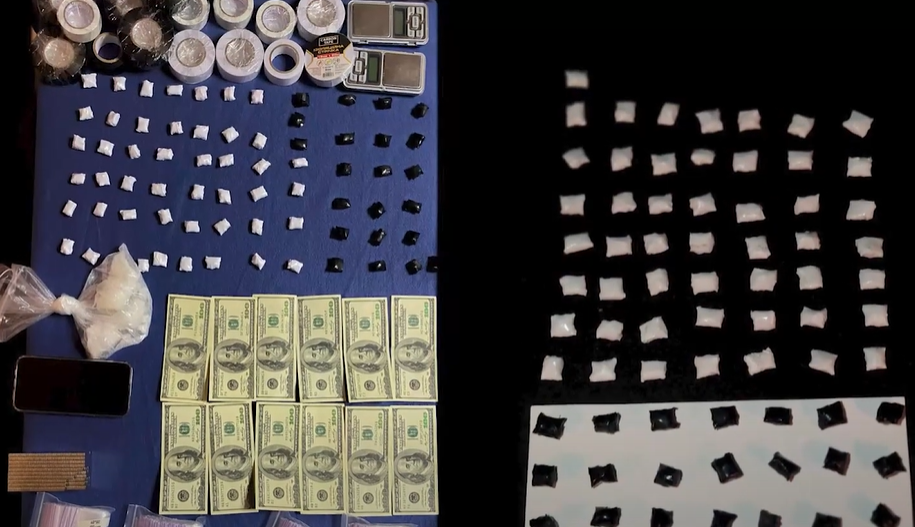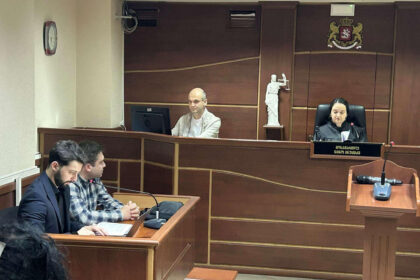**Drug Bust in Georgia: 7 Individuals Arrested, Facing Serious Prison Time**
In a significant crackdown on drug-related activities, the Georgian Interior Ministry has announced the arrest of seven individuals from various countries. The arrests were made following an investigation into several charges, including the large-scale purchase and storage of illicit drugs, preparation for sale, and possession of marijuana and psychotropic substances.
The individuals arrested include citizens of Georgia, Ukraine, Israel, and Egypt, and they are facing serious prison time – up to 20 years or life in prison. The authorities have seized significant quantities of various narcotics, including cocaine, Subutex, methadone, buprenorphine, codeine, Lyrica, and marijuana.
**Details of the Seizure**
According to official reports, law enforcement officers confiscated large quantities of various narcotics and psychoactive substances during the operation. They also seized materials used for packaging drugs, digital scales, adhesive tape, and polyethylene bags. This indicates a well-organized operation, likely involving a sophisticated network of drug traffickers.
**Concerns About Drug Trafficking**
The Georgian government has been cracking down on drug trafficking in recent years, but this bust suggests that the problem persists. The presence of psychotropic substances like Subutex and buprenorphine is particularly concerning, as they are often abused for their opioid properties. It’s essential for the authorities to investigate further to determine if these substances were being used for legitimate medical purposes or diverted for illicit use.
**Implications for Public Safety**
The arrests and seizures demonstrate a commitment by the Georgian government to maintaining public safety and combating organized crime. However, it also raises questions about the effectiveness of existing laws and law enforcement strategies in tackling the root causes of drug trafficking. It’s crucial for policymakers to take a holistic approach, addressing issues like poverty, unemployment, and corruption that contribute to the demand for illicit substances.
Read More @ civil.ge












